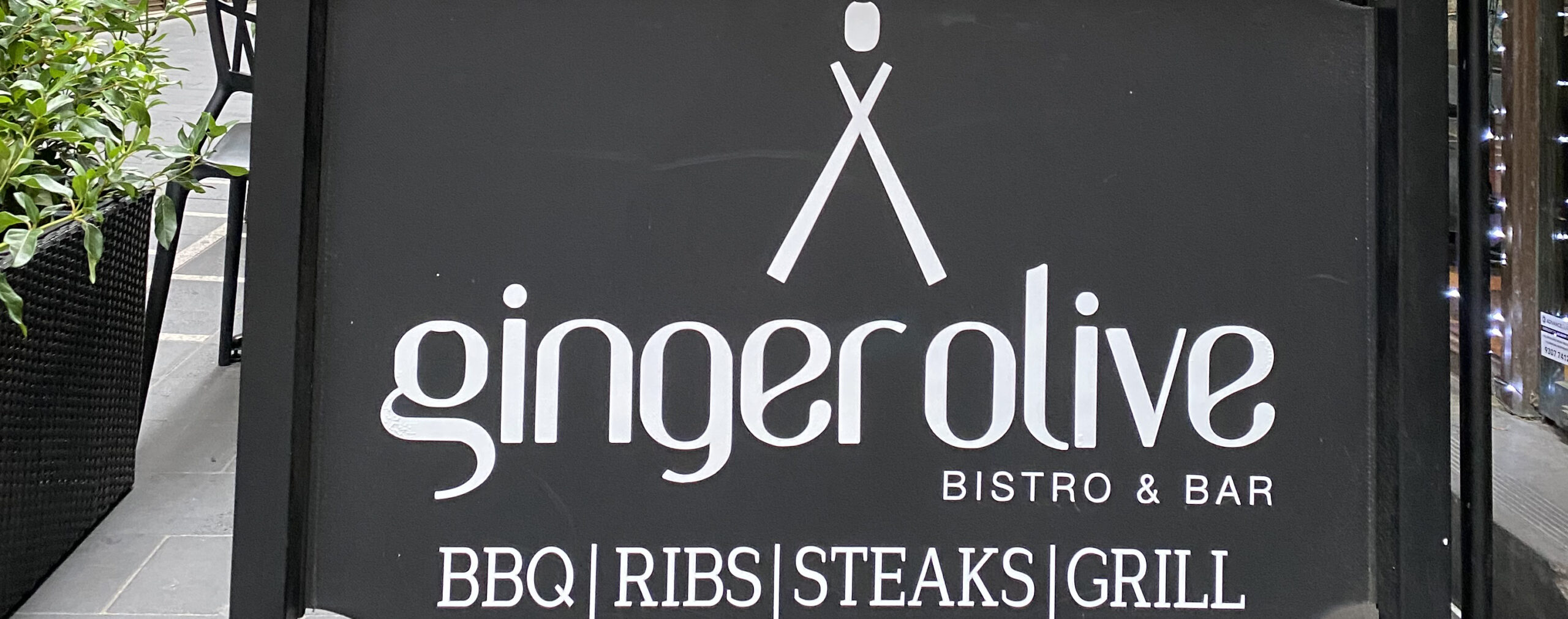Despite the availability of safe and effective vaccines, the current consensus is the COVID-19 will become endemic. Although some parts of the world are approaching herd immunity, issues with vaccine availability, vaccine hesitancy and the emergence …
of more transmissible variants indicate that eradication will be difficult. Therefore, there is still much room for the development of antiviral drugs that might help.
During this pandemic antivirals have been largely disappointing – the hydroxychloroquine (and bleach) story is well known. The only…kind of…useful drug has been remdesivir which directly inhibits viral replication by targeting the viral RNA-dependent RNA polymerase; however, the “real world” clinical efficacy of remdesivir has been checkered and the latest recommendation from the World Health Organization is against the use of the drug in COVID-19 patients. Similarly, there was initial excitement about the broad-spectrum anti-parasitic ivermectin. Although there has been some interesting recent findings regarding the efficacy of ivermectin, wide clinical translation for COVID-19 has not eventuated to date.
There are still ongoing efforts aimed at developing antivirals against major SAR-CoV-2 targets; these include the main and papain-like proteases, which are required for releasing the non-structural proteins responsible for replication of the virus and continuation of the viral life cycle. It appears that Pfizer is progressing on this front initiating clinical trials of its oral main protease inhibitors (Pfizer is in everyone’s good books at the moment having produced and distributed the safe and effective and probably the most popular mRNA vaccine against COVID-19… in record time!). Research aimed at identifying potential antivirals is ongoing, with numerous publications emerging on a weekly basis, and surely there would be much more research that we don’t know about happening in the private domain.
Regarding therapeutics, the broad-spectrum anti-inflammatory dexamethasone has emerged as the the “good news” story; it significantly reduces mortality in patients with COVID-19. Until literally a couple of days ago, immunosuppressive drugs had not made a clinical impact in the context of COVID-19. The World Health organisation has now recommended the use of the interleukin-2 receptor inhibitors actemra (tociluzumab; Roche), and kevzara (sarilumab; Sanofi), together with corticosteroids for people with severe COVID-19. This is good news, especially for countries experiences “surges” due to new SARS-CoV-2 variants.
When considering vitamins, dietary supplements and nutraceuticals there have been mixed reports and weird responses. The sales of olive supplements, the demand for ginger and other herbals has skyrocketed but information regarding their usefulness is sketchy at best. Some good evidence comes for supplementation with Vitamin D; the general effects of Vitamin D in immunity are well known however, there is no unequivocal evidence for its clinical use in COVID-19. Vitamin C is in a similar situation, where general beneficial effects in immunity are known but the evidence for use in COVID-19 is limited.
So, antiviral research remains important and is continuing, there has been some good news with immunosuppressive compounds and regarding supplementation… some timeless advice for now is … sit in the sun for a few minutes where possible, and perhaps drink some lemon ginger tea. Of course, in places where the virus is still lurking, it is best to follow the standard public health measures – social distancing, mask wearing, hand washing…. And vaccinate if you can!
Until next time …

